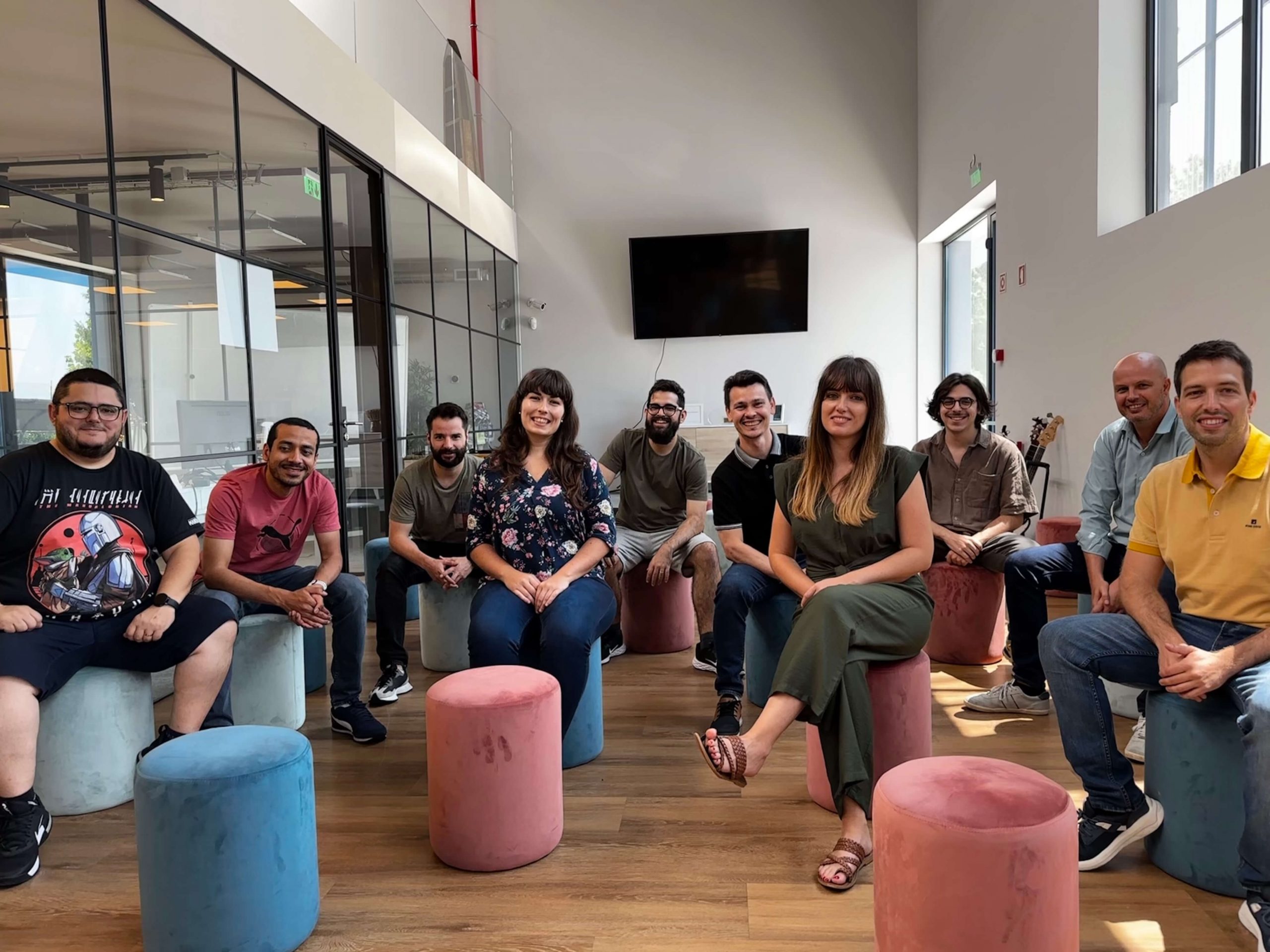Kingdom of Denmark Discusses Arctic Council Priorities with Indigenous and Working Group Members
Reykjavik, Iceland – On Monday, October 20, 2025, the Kingdom of Denmark held meetings with Heads of Delegation from the Indigenous Permanent Participants and Chairs and Secretariats of the Arctic Council’s Working Groups on the margins of the Arctic Circle Assembly in Iceland.
These meetings, which took place in Reykjavik, were part of the regular communication and cooperation between the Chairship and the members of the Council during a Chairship cycle. The discussions aimed to strengthen communication, cooperation, and alignment across the Council.
Chair of the Arctic Council for the Kingdom of Denmark, Kenneth Høegh, emphasized the importance of maintaining close dialogue with both the Permanent Participants and the Working Groups. He stated, “The very foundation of the Arctic Council is built on inclusive decision-making, with Permanent Participants playing a central role in shaping the Council’s direction. Likewise, the Working Groups form the backbone of the Council’s work. Without open and consistent communication with them, we wouldn’t be able to fulfill our mandate effectively.”
While official diplomatic meetings of the Arctic Council are paused, Chairmanship meetings with the Permanent Participants and subsidiary bodies were initiated during the Norwegian Chairmanship (2023-2025). The Kingdom of Denmark continues to host these meetings and regularly engages with all Arctic States, Permanent Participants, Working Groups, and Observers.
Høegh also highlighted the significance of consultations with the Permanent Participants and the Working Groups. He stated, “As diplomats, we don’t have all the answers. It’s those who are on the ground, who live the Arctic reality every day, who provide the insights we need to make informed decisions.”
During the meeting with the Indigenous Peoples’ organizations that have Permanent Participant status in the Arctic Council, the Kingdom of Denmark shared key takeaways from the first five months of their Chairmanship. The discussions focused on updates on initiatives and cross-cutting priorities with Permanent Participant contributions in the Kingdom of Denmark’s Chairmanship program.
Chief Bill Erasmus, Head of the Arctic Athabaskan Council, stated, “The meeting was constructive and provided a good opportunity to align and plan how we can work together going forward.”
Chief Gary Harrison, chairman of the Chickaloon Native Village in Alaska and representative of the Arctic Athabaskan Council, emphasized the importance of Indigenous Peoples’ involvement in the Arctic Council. He stated, “As many of the Senior Arctic Officials are new in their role and lack the historical context of how the Arctic Council has worked in the past, we must meet with them and remind them of that history. We emphasized that Indigenous Peoples are not just stakeholders; we’re foundational partners in the Arctic Council. Our participation is not symbolic, and our voices must be included in all decisions.”
The Kingdom of Denmark also held a meeting with the Council’s six Working Groups to discuss work plans, upcoming and future events, and common strategies moving forward. The resumption of virtual meetings of the Council’s subsidiary bodies in February 2024 has enabled scientific collaboration and the advancement of the Council’s projects and initiatives.
Høegh noted, “In my view, that shift has led to significant improvements. This autumn, I’ve listened in on several of the plenary sessions, and it’s clear that the Working Groups are very much alive and kicking – they’re active and continuing their important work. New projects are being developed and endorsed.”
When asked about his key takeaways from the meetings, Høegh stated, “The main message I’ve taken from both the Permanent Participants and the Working Groups is their strong desire to work as efficiently as possible. I fully understand that, and we are doing our best to identify and implement the most effective solutions, given the realities and constraints we face. Despite the challenges, the Council continues to deliver. We should recognize and remember these successes. They are a testament to the resilience and relevance of the Arctic Council.”
The meetings were held in accordance with the Kingdom of Denmark’s Chairmanship of the Arctic Council and its commitment to maintaining open and consistent communication with all members of the Council.





